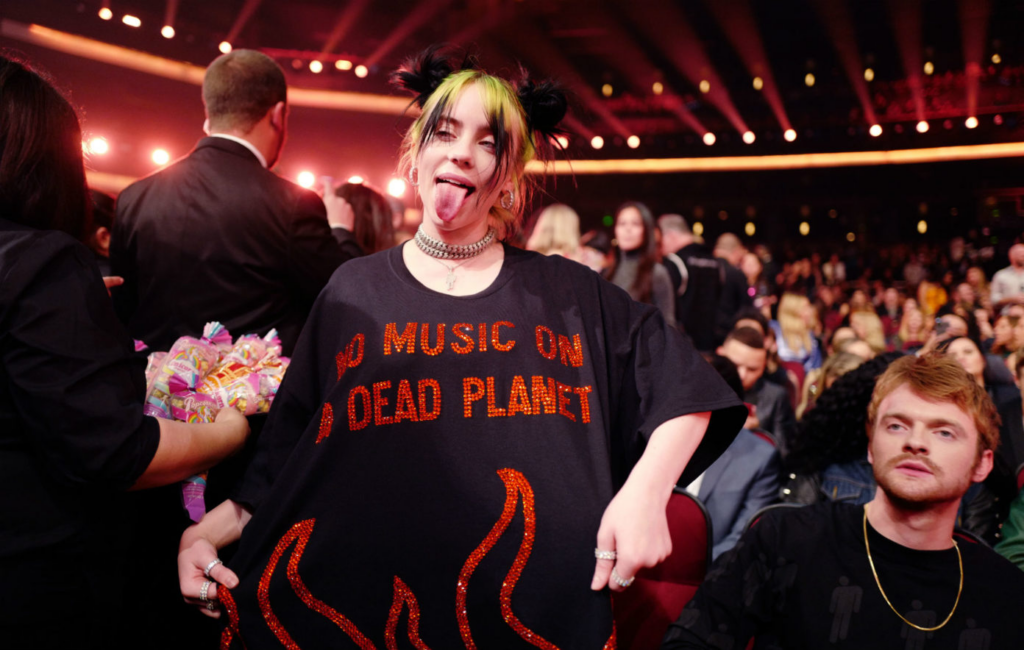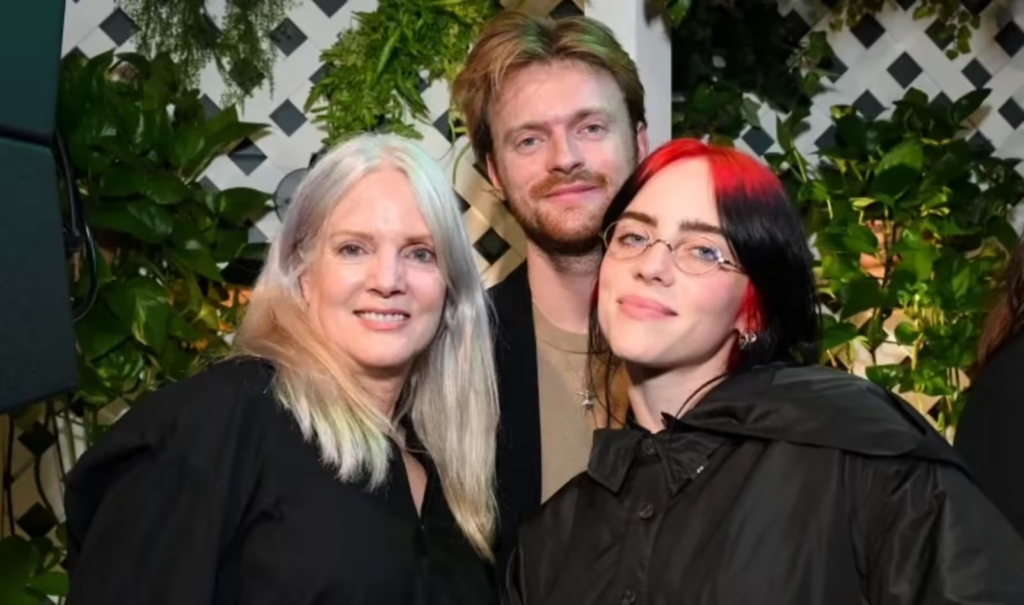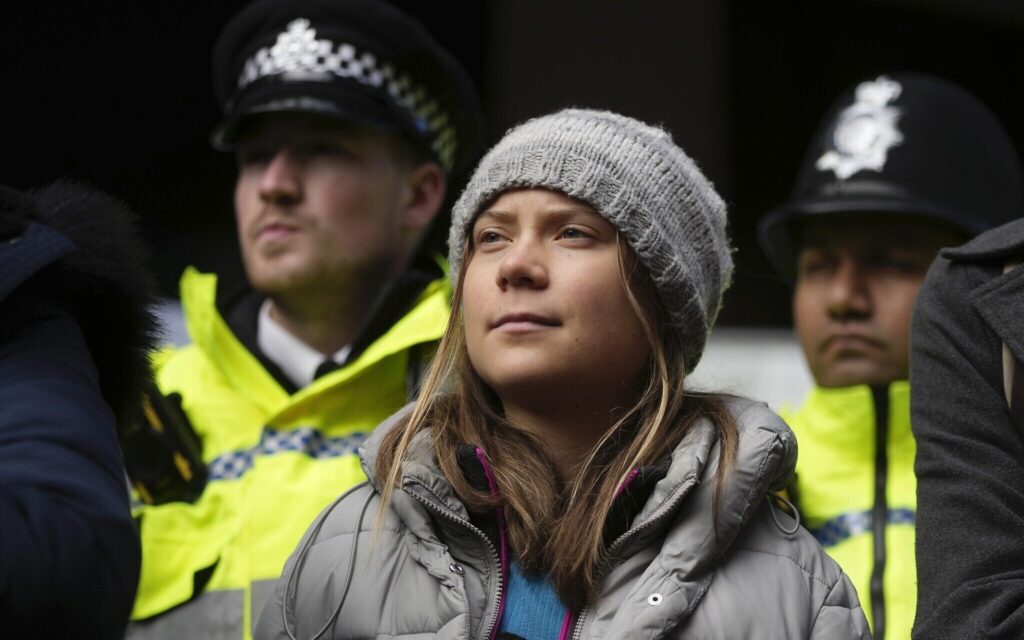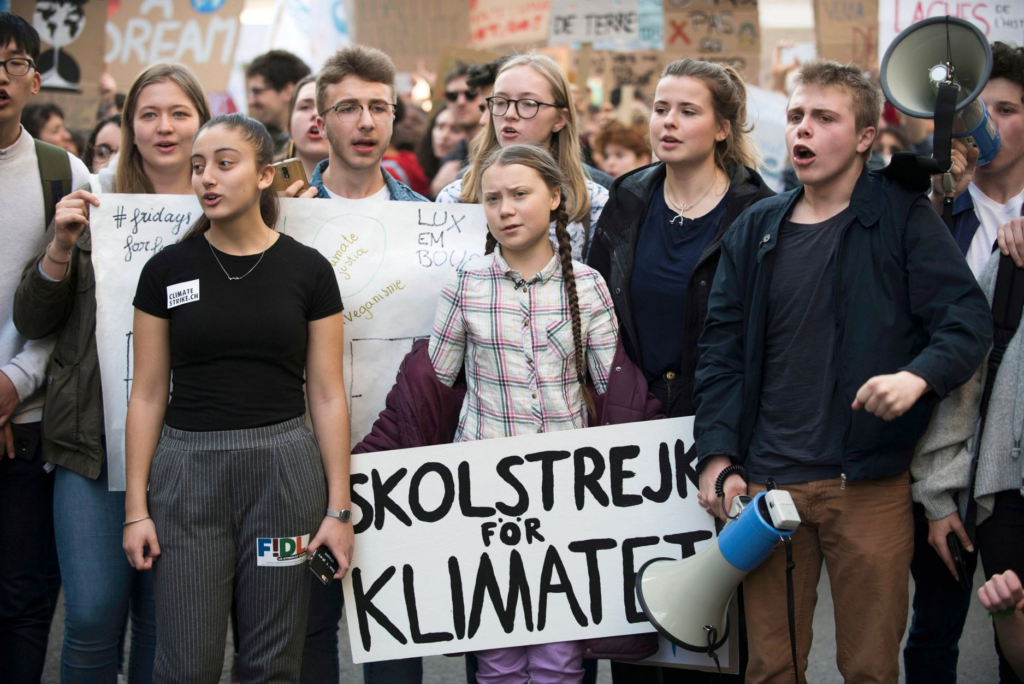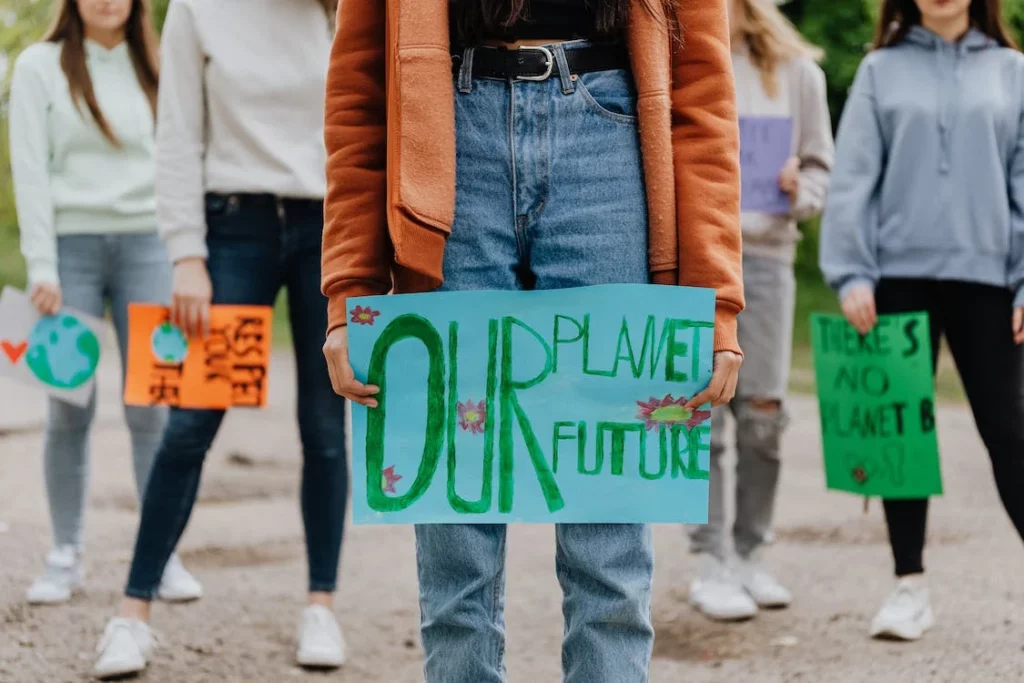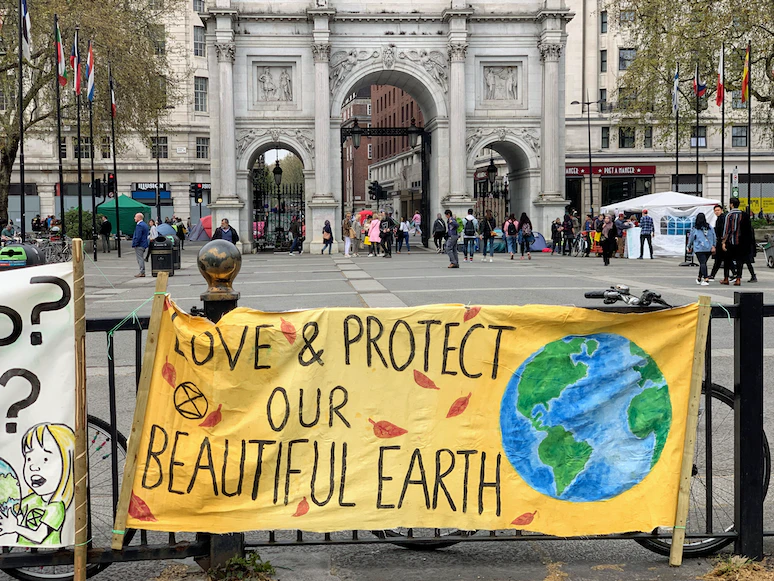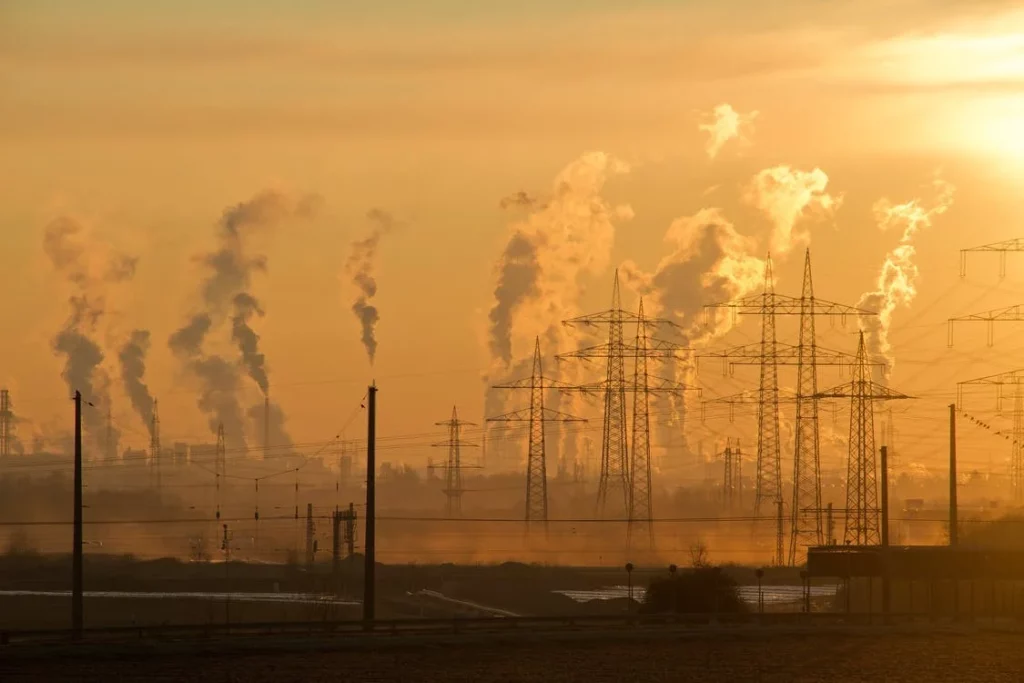"As children grow, they begin to form their own identities and opinions, making it crucial for parents to engage in thoughtful discussions about the world and its issues."
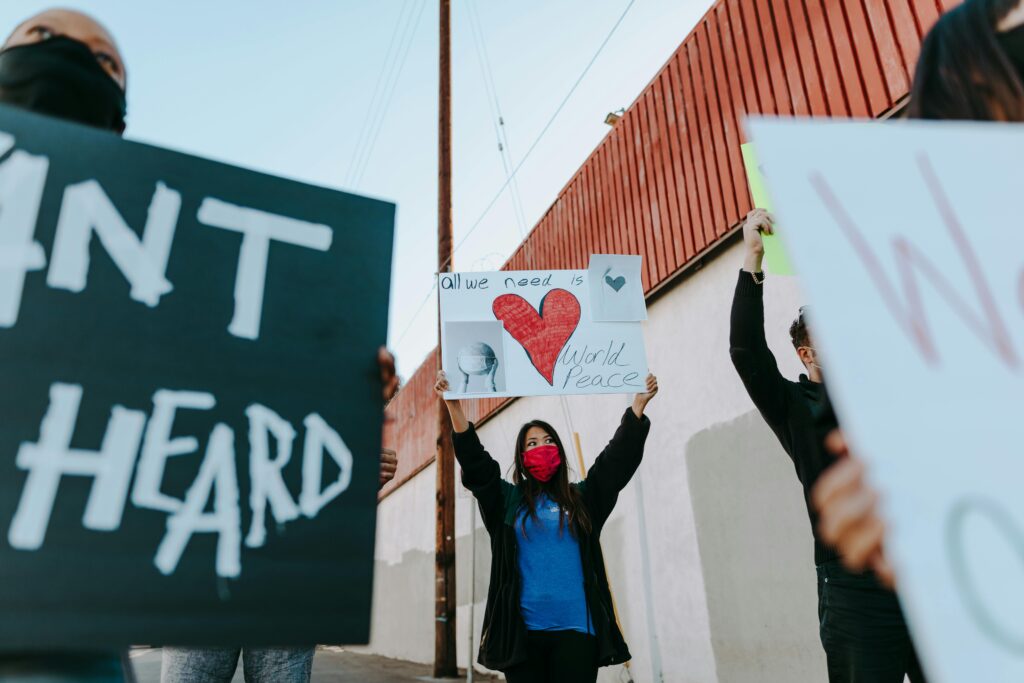
By the time children reach upper primary or secondary school, they begin to develop critical thinking skills that allow them to better understand and question the world around them. This process is especially important as they start to form their own identities, including their role as a citizen in society. Politics, government, and the issues that shape our world become more relevant as they grow, and it’s important to help them navigate these topics in a thoughtful way.
They may start to voice opinions on social or political issues, influenced by what they see around them. This is a natural part of their development and an opportunity for parents to engage in meaningful discussions that help them explore their beliefs.
Ask Them What They Know

When discussing politics with your child, a great way to start is by asking them what they’ve already heard. Children are often exposed to opinions from a variety of sources—family members, friends, teachers, and even social media. Opening the conversation by checking in on what they know helps you understand where they’re coming from and what they might be processing.
Once you know what they’ve been exposed to, it’s important to ask if they have any concerns. Understanding their worries allows you to address them directly and help ease any fears they may have. This also gives you a chance to clarify any misunderstandings they might have picked up along the way.
As you explore their thoughts and feelings, focus on correcting any misinformation they may have absorbed. Ensuring they have the right facts helps foster a better understanding of the issues at hand. At the same time, encourage a healthy discussion.
To get these conversations going, you can ask them simple, thought-provoking questions like, “What do politicians do when they go to work?” or “What makes a good leader?” Questions like “What are rules?” and “What rules do you think the government makes?” also encourage them to think critically about the role of leadership and governance. These types of open-ended questions are a great way to engage their curiosity and promote thoughtful discussion.
Exploring Values and Political Beliefs

Values influence the way people see important issues, from laws and policies to broader social topics. To help your child grasp this, it can be useful to openly discuss your own viewpoints on various matters, explaining why you support certain policies and what values guide your perspective.
Take the opportunity to review specific issues with them, especially those that might be closer to their daily lives, like global warming (Check out: ‘How Climate Change is Affecting Young People the Most’). For example, you can ask “Do you think global warming is a real issue?” or “Do you feel like it’s getting worse each day, and what do you think will happen if we don’t take care of the planet?” This opens up a conversation not only about the facts but also about how they feel government policies are addressing this growing problem. You can ask if they believe the current government is doing enough to protect the environment and whether they think this issue is being taken seriously by leaders.
Encourage them to ask questions and debate ideas freely. Whether they agree with your views or not, it’s important for them to feel that their opinions are heard and respected. You might also introduce other topics for discussion, such as a specific law, and ask, “Do you think this law is a good idea? Does it feel true to you? What would you do if you were in charge?” This helps them reflect on fairness and the role of government, all while exploring their growing sense of morality and beliefs.
Teach Digital Literacy

In today’s world, kids of all ages are constantly bombarded by social media. Platforms like TikTok and Instagram have become popular sources for younger audiences, often presenting political content in an “easier” and more entertaining way. Creators on these platforms might blend politics with dancing, makeup tutorials, or fun activities, making the information feel more accessible and engaging.
On the other hand, platforms like Twitter tend to have a more serious tone, with longer explanations, detailed critiques, and a lot of text. While this can provide a deeper understanding of political issues, it may feel heavier or less appealing to children. Regardless of the platform, the challenge is that children don’t always have the knowledge or experience to critically analyse the information they see. This makes them more vulnerable to misleading or biassed content, which can be confusing or even frightening.
As a parent, one of the most important things you can do is teach your child how to think critically about the media they consume. Help them question what they’re seeing by asking, “What does this person want you to believe?” or “Who made this content, and what’s their background?” Encourage them to think about who a creator might endorse and whether there’s any hidden agenda, reminding them that some content could be propaganda.
It’s also crucial to remind your child to avoid engaging in hate speech against one candidate just to support another. Discourage them from taking everything they see in the media at face value and emphasise that they shouldn’t trust or follow someone’s political views simply because a favourite celebrity does. Instead, guide them toward doing their own research to form opinions that feel right for them.
Politicians today are well aware that Gen Z is an “easy target,” which is why many create content specifically designed to appeal to younger audiences on platforms like TikTok. While this might make politics seem more relatable, it’s important to remind your child not to be misled by these tactics. The key is to help them dig deeper and research candidates and policies before making decisions. By teaching digital literacy, you’re equipping them with the tools to navigate the complex world of media and politics responsibly.
Empowering Them to Take Action

It’s important to encourage your children not to be apathetic when it comes to politics. Help them understand that politics isn’t just about individual benefits but about improving life for all citizens in the country. By participating in the political process, they have the power to make a difference and contribute to positive change in society.
One way to foster this sense of responsibility is by educating your children on how the political system works. Teach them about voting, how decisions are made, and the impact of policies on everyday life. Beyond just learning the system, they should understand the importance of acting on their beliefs. Remind them that even one person can make a difference by speaking up about issues that matter to them.
Encourage them to voice their opinions on injustices or things they’d like to see changed, whether it’s about climate action, equality, or education (Check out: ‘Tips for How to Talk to Kids About Race and Racism’). Voting is one of the most direct ways to contribute to change, but there are many other ways to get involved. Suggest that they volunteer with organisations focused on important issues like poverty or racism, where they can help make an impact at a grassroots level.
By participating, whether through voting, speaking up, or volunteering, they’ll see that their actions matter. Helping your children understand this early on can inspire them to be engaged citizens who contribute to the well-being of their community and country.




